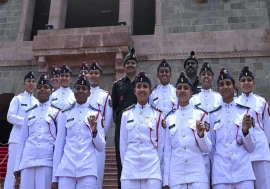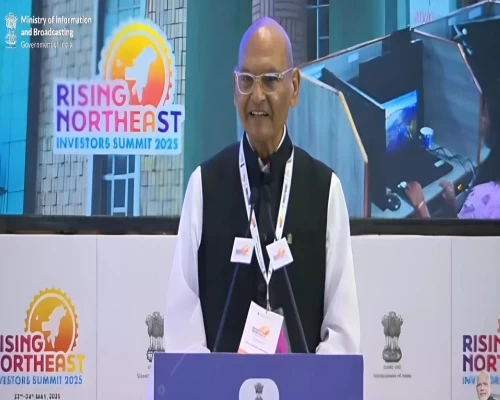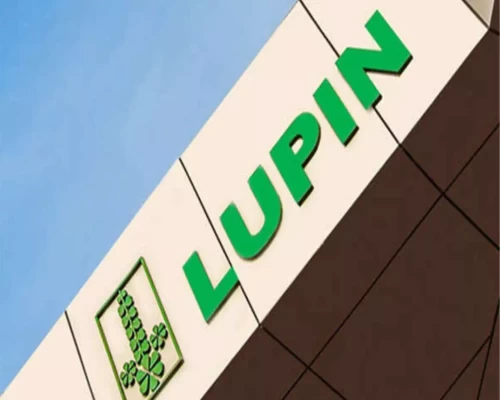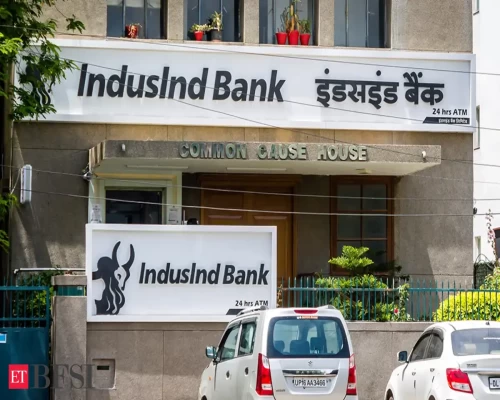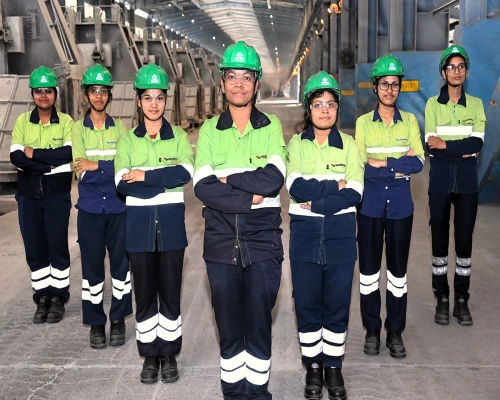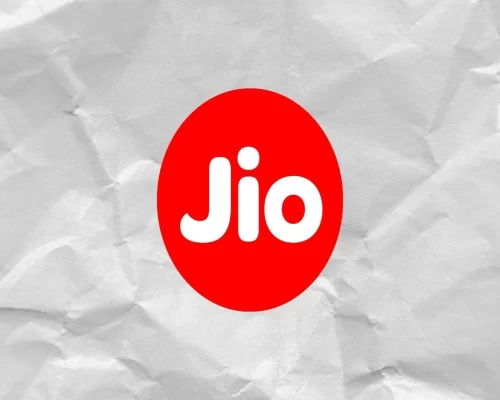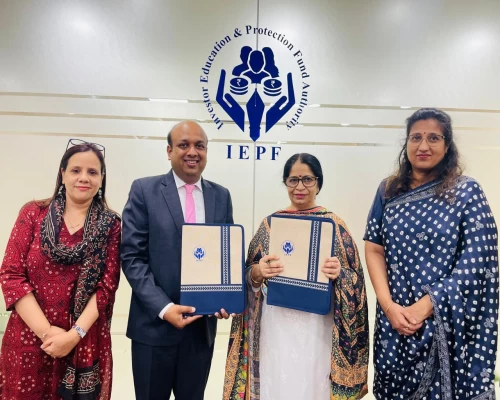
New Delhi: Sustained government efforts have resulted in increasing the number of recognized startups from 726 in FY 2016-17 to 65,861 in FY 2021-22 as on 14th March, 2022. There is at least one recognized startup from every state and UT and nearly 50 per cent of them are from Tier II and III cities. Recognized startups are spread across over 640 districts and have reported creation of more than 7 lakh jobs, said Minister of State for Commerce and Industry Som Parkash in a written reply in the Lok Sabha on Wednesday.
Startups and the entire innovation ecosystem are the engines of growth for any country. The Central government launched Startup India initiative on January 16, 2016 with an aim to build a stronger ecosystem for nurturing India’s startup culture that would further drive our economic growth, support entrepreneurship, and enable large-scale employment opportunities, he said.
Assisted by the states’ Startup Rankings on Support to Startup Ecosystems, which is primarily an exercise to identify good practices, learn from each other and helping each other in formulation and implementation of policies in true spirit of cooperative federalism, a momentum has been built across states to build favourable policy landscape for startups. Mentorship has been a key pillar of evaluation under this ranking exercise which has played an important role in enabling mentorship to startups across the country.
The Minister said that to identify the depth, quality and spread of innovation and entrepreneurship in the country, the government instituted the National Startup Awards (NSA). The winners of NSA have emerged from Bengaluru, Delhi, Hyderabad Chennai, Mumbai Mysore, Bhopal, Ernakulam, Gurugram, Kochi, Lucknow, Margao, Sonipat, Trivandrum and other cities. The winners and finalists of NSA are also provided handholding support across various pillars including mentorship.
Startups, have actively contributed in the government’s flagship programs such as Atal Mission for Rejuvenation and Urban Transformation (AMRUT), Smart Cities Mission, Swachh Bharat Mission, National Heritage City Development and Augmentation Yojana (HRIDAY scheme) to improve urban infrastructure and service provision. Furthermore, DPIIT has recognized startups which are spread across 56 diversified sectors.
More than 20 per cent of these startups are in sectors such as Automotive, Green Technology, Healthcare and Life Sciences, Renewable Energy, etc. Over 4,500 recognized startups are in sectors like construction, house-hold services, logistics, real estate and transportation and storage contributing towards urban concerns. /BI/



